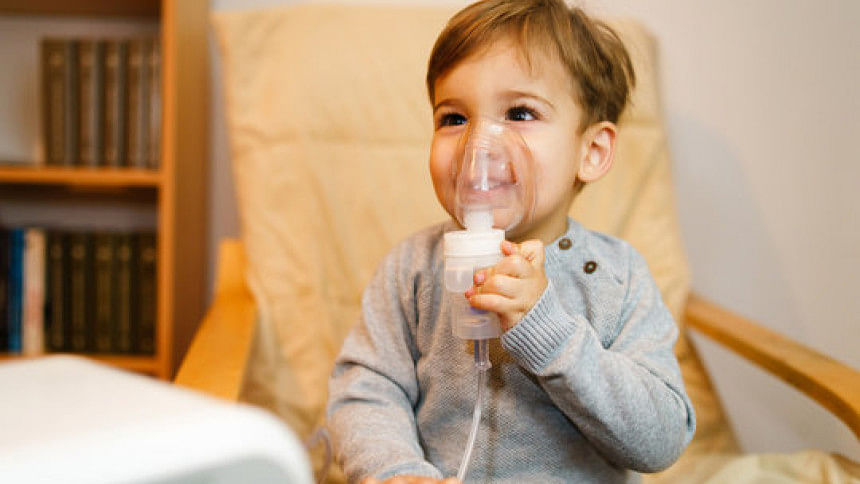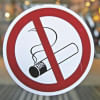Which is better for children with asthma: syrup, nebuliser, or inhaler?

Treating a child's asthma presents certain difficulties for paediatricians. The first is that parents are unwilling to acknowledge that asthma may strike youngsters as well. Child asthma is indicated by recurrent coughing, nighttime awakenings due to coughing, and temporary alleviation of respiratory symptoms following the use of certain medications, particularly nebulised treatments. These kids frequently have a runny nose, scaly scalp, itchy skin, and a family history of the same condition.
Worldwide asthma treatment guidelines are established by the Global Initiative for Asthma (GINA), an international organisation. For specific reasons, medical professionals are recommending the use of inhalers for asthma medicine and discouraging the use of oral medications.
1. The oral version of a certain medication is required in the greatest quantity, followed by the nebulised form and the inhaler in the least amount. Therefore, the latter version is likely to have the fewest adverse effects.
2. In addition to the lungs, oral medications have adverse effects on the stomach, kidneys, liver, and heart. In contrast, inhaler drugs only directly affect the lungs.
3. The cornerstone of asthma treatment is steroids. After extended use, they cause a number of adverse effects. These oral medications might cause short stature, mouth infections, heart problems, stomach issues, and other issues in growing children. It is surprising to learn that inhaled steroids virtually never cause these issues.
4. Controlled asthma is achieved by using a regular inhaler.
5. The cost of treatment is a significant concern. The initial cost of the inhaler and spacer is a clear worry. However, we can conclude that inhalers are reasonably priced when taking into account the limited usage of other treatments and overall health over time.
Despite the foregoing counselling, the guardians continue to have doubts, primarily due to superstition and carelessness. For these, we also have answers.
• Does an inhaler have a negative impact on the heart?
The right inhaler dosage and timing have no effect on the heart. Instead, some oral medications can occasionally produce tremors, palpitations, and an elevated heart rate.
• Is an inhaler a medication that lasts a lifetime?
Asthma in children is basically unrelated to adult continuation. The majority of teenagers are symptom-free from childhood asthma. Two elements are important here: confirming asthma with tools like the FeNO test and spirometry, and adjusting medication through regular evaluation. Maintaining a respiratory-friendly lifestyle is essential.
• Is not the inhaler a module for adults?
The inhaler is only a method of drug use. Medication dosages for children are closely adhered to.
• Despite utilising an inhaler, asthma control is not being attained. Why?
A child's doctor must verify that a spacer is being utilised correctly. It is necessary to screen out other potential related morbidities such as immunological deficiency, GERD, heart disease, TB, and cystic fibrosis. Asthma control is required for a considerable amount of time with "difficult asthma".
The writer is a child specialist and registrar at the Institute of Child and Mother Health (ICMH), Matuail, Dhaka. Email: [email protected]

 For all latest news, follow The Daily Star's Google News channel.
For all latest news, follow The Daily Star's Google News channel. 








Comments